China is proving to be a harder market to crack than Apple anticipated.
The iPhone-maker has dropped to fifth place in its second most important market, marking yet another setback for Apple in China.
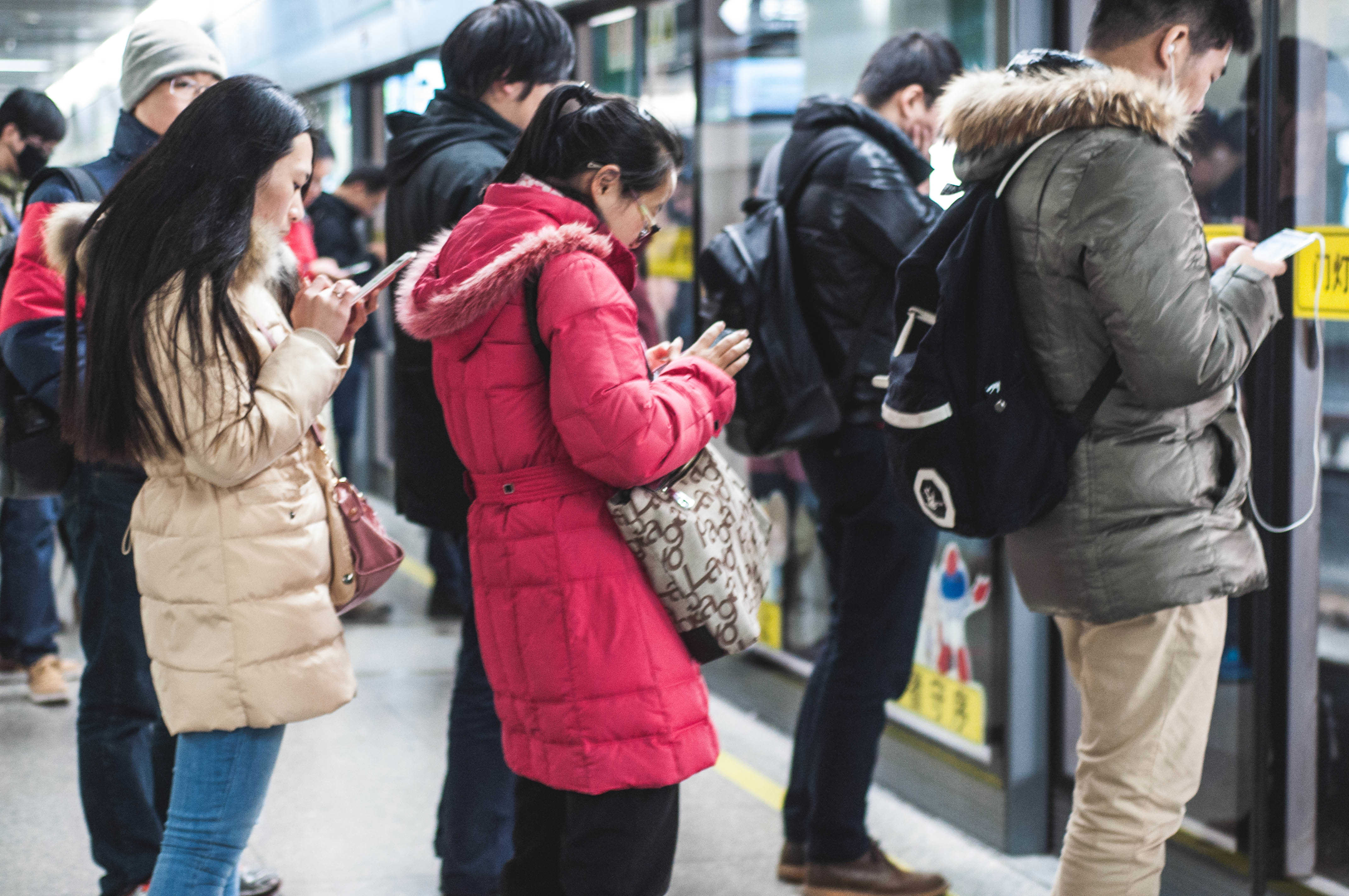
China is proving to be a harder market to crack than Apple anticipated.
The iPhone-maker has dropped to fifth place in its second most important market, marking yet another setback for Apple in China.
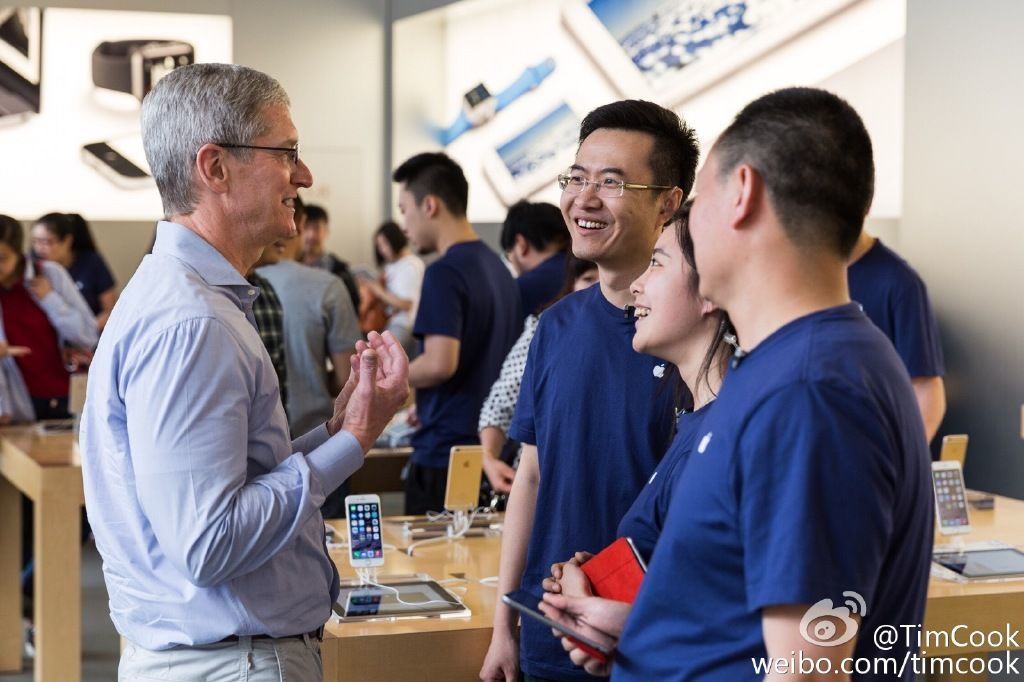
Apple is facing yet another legal headache in China thanks to what may be the craziest lawsuit yet in a year that has been full of wacky legal battles.
China’s media watchdog, The State Administration of Press, Publication, Radio, Film and Television (SAPPRFT), has filed a lawsuit against Apple, claiming the company has violated its intellectual property by broadcasting an obscure patriotic film from 1994.

A Chinese company that managed to secure a ban on the iPhone in Beijing “barely exists,” according to a new report. All traces of Shenzhen Baili Marketing Services Co. have disappeared, including its websites.
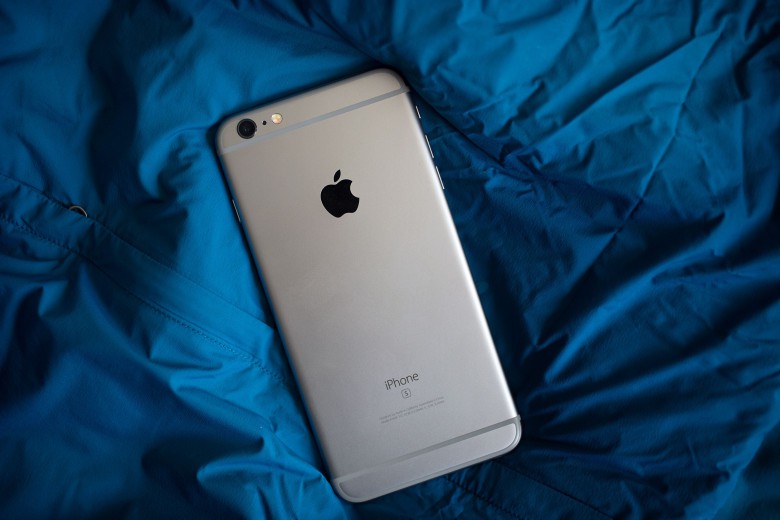
Apple has just hit its latest setback in China, after a court ruled that it had infringed on the design patent of a Chinese smartphone maker and may have to stop selling the iPhone in Beijing as a result.
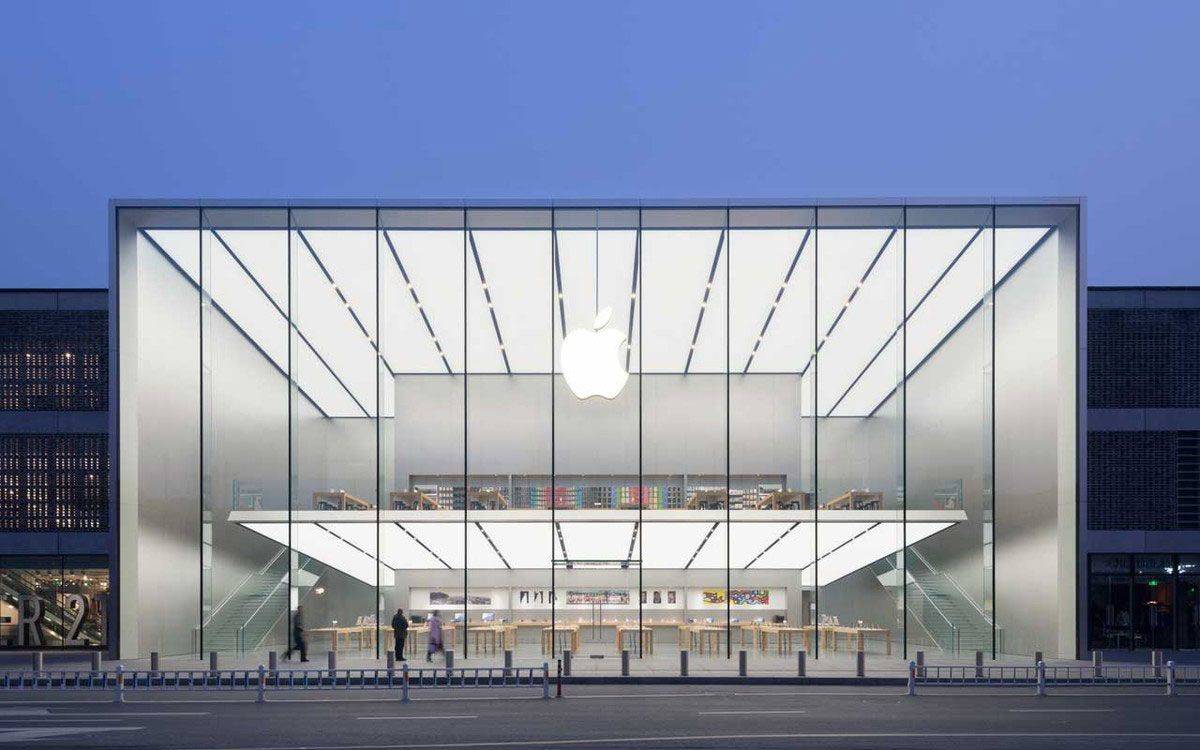
Apple may be running into roadblocks during its expansion in China, but that’s not stopping the company from pushing forward with its retail plans — with Macau, a glitzy city often referred to as the “Las Vegas of China,” set to receive its first Apple Store later this month.
According to Apple, the store will open at 10am local time on June 25, based at the upmarket Galaxy Macau resort shopping mall. Its opening will mark the 41st dedicated Apple Store to open in China.
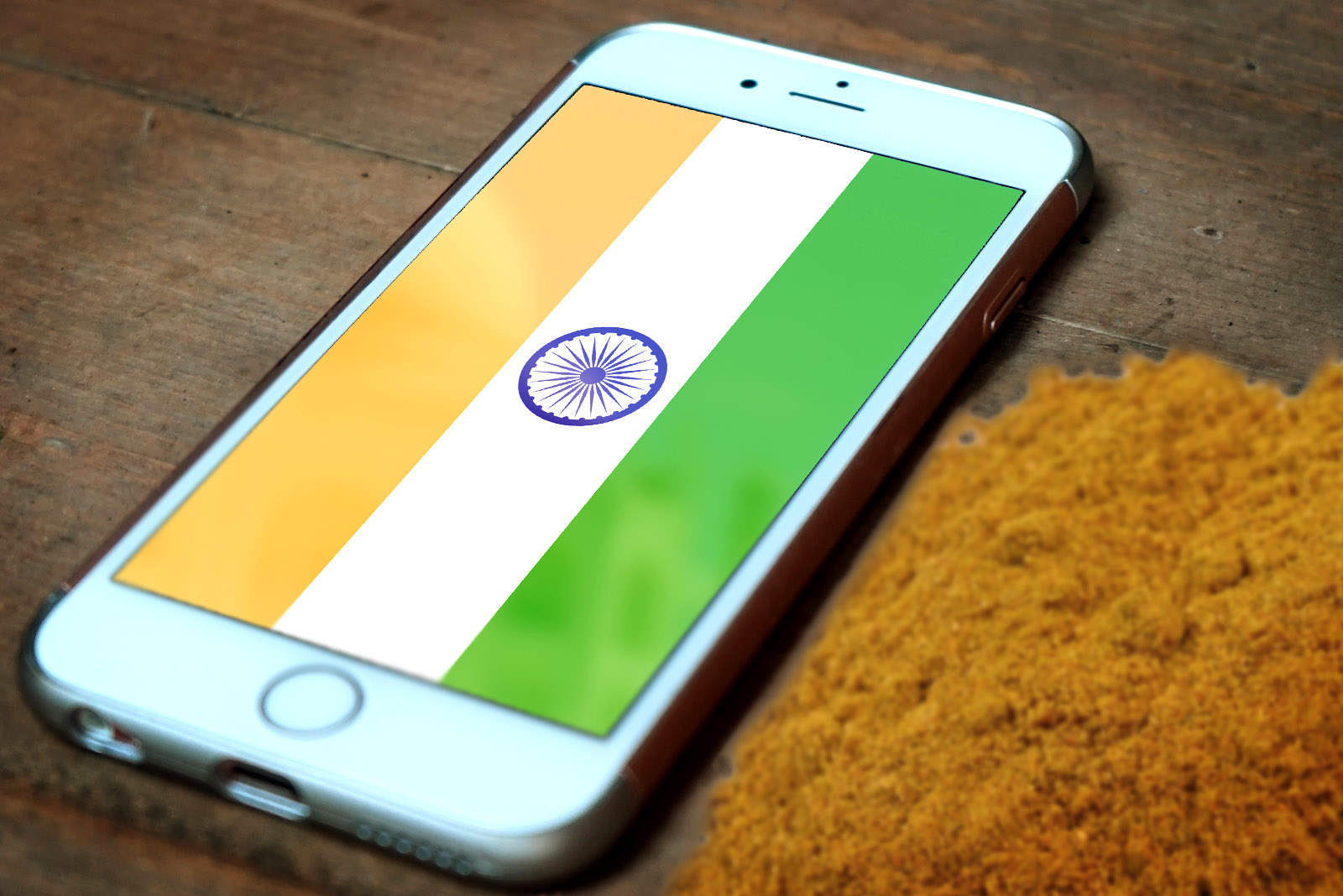
With Apple running into problems in China, it’s been upping its focus on India as another relatively untapped market where Cupertino hopes to expand its market share. But can India, which has a population of 1.25 billion people, really serve as a substitute for China, with its comparative 1.36 billion people?
Not according to a group of Mizuho Securities analysts, who argue that regulatory politics, competition, low wages and lack of carrier support are all obstacles in India which means it will struggle to offset a slowdown in Apple’s China business.
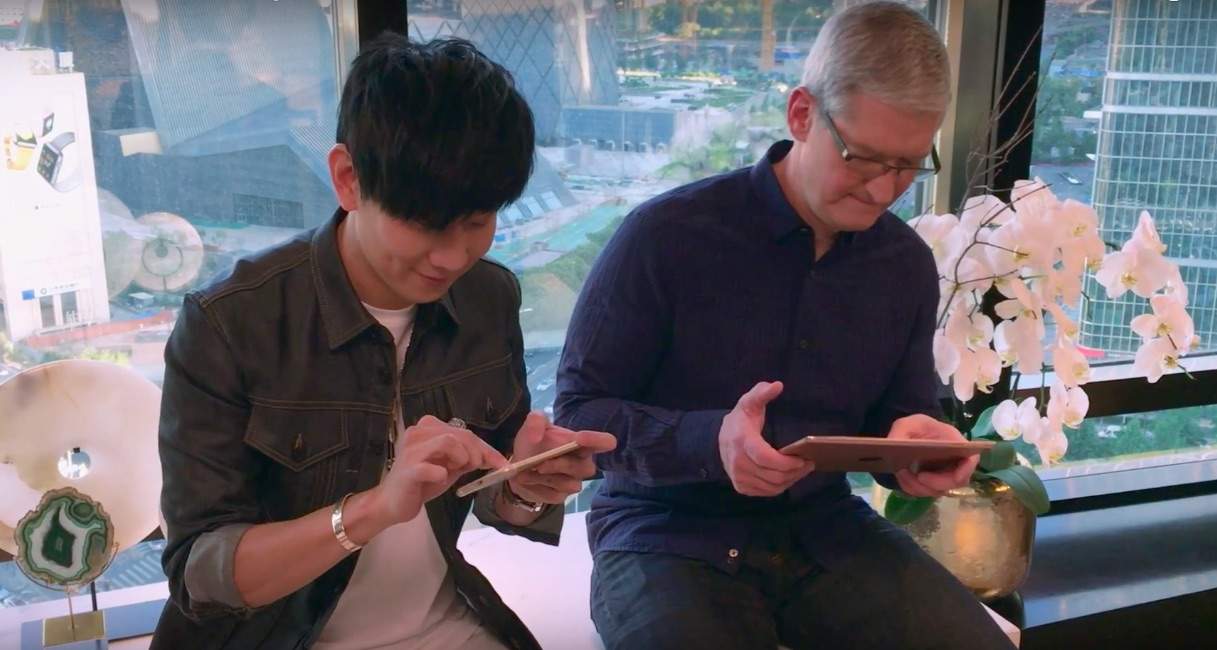
Apple CEO Tim Cook will probably never win a Grammy for his erhu skills but he can say that he got to have an erhu jam battle with one of Asia’s biggest popstars.
During his star-studded tour of China, Tim Cook met up with JJ Lin to play a new song on the new Garageband app that’s been updated to celebrate China’s musical history with over 300 musical samples, and new instruments like Chinese percussions, pipa and erhu.
Checkout Cook playing JJ Lin’s new song “The Key” on his iPad:
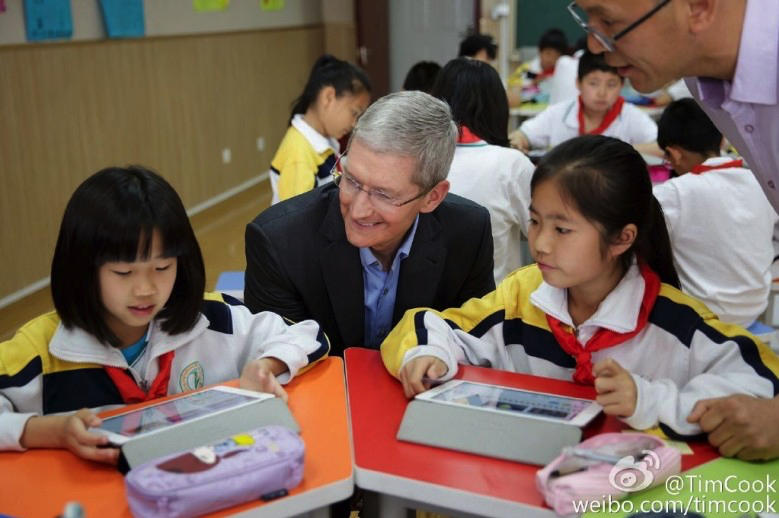
Chinese authorities are scrutinizing Apple devices before allowing them to be sold in the country, claims a new report.
The reviews involve Chinese officials requiring executives of foreign tech companies to answer questions in person, with the concern being that companies like Apple may be forced to trade trade secrets for market access.
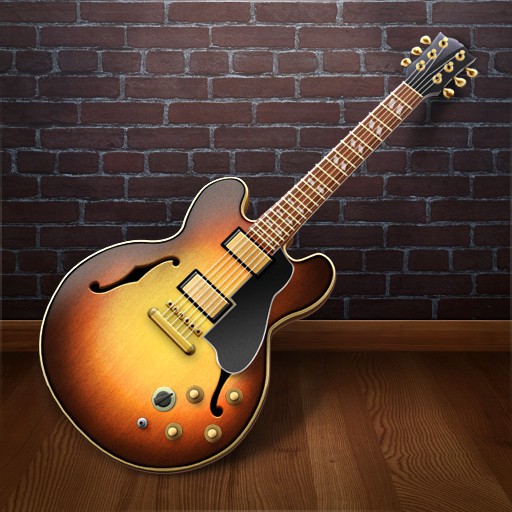
Tim Cook’s in China right now, and what better way to showcase Apple’s dedication to growing its Chinese customer base than by updating GarageBand for Mac and iOS with new instruments intended to, “celebrate the rich history of Chinese music?”
The update adds 300 new Chinese musical loops including guzheng, dizi, yangqin and Peking Opera samples, as well as a plethora of Chinese musical instruments such as the pipa, erhu, and Chinese percussion.
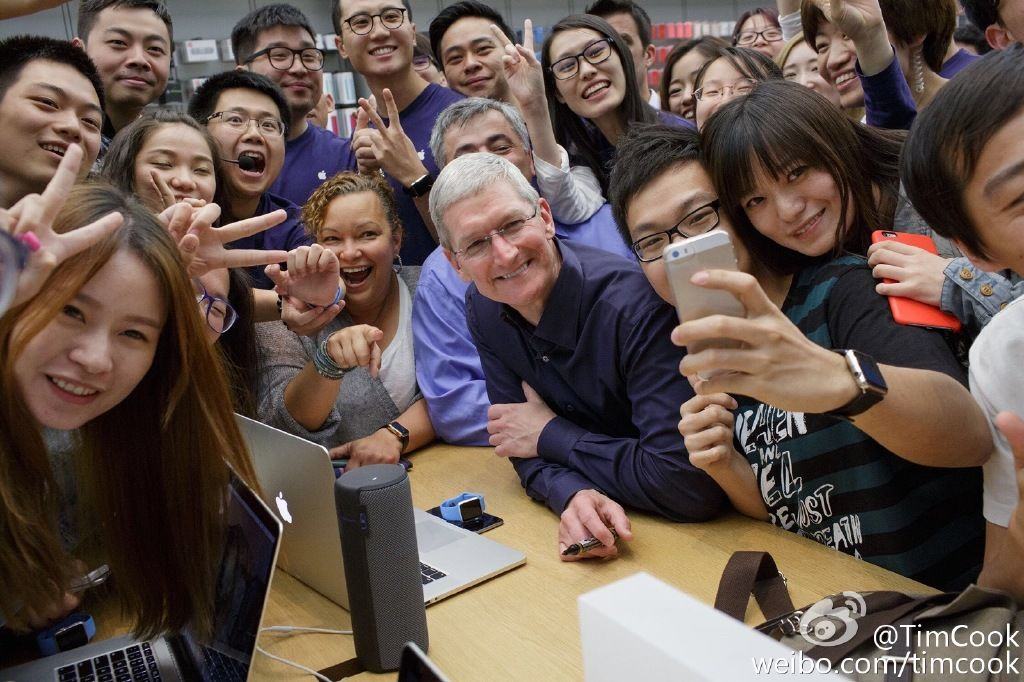
Tim Cook is in China again, and he marked the occasion by paying a visit to an Apple Store in Beijing on Monday — in the company of Liu Qing, a.k.a. the president of Didi Chuxing, the Chinese Uber rival Apple just invested a staggering $1 billion in.
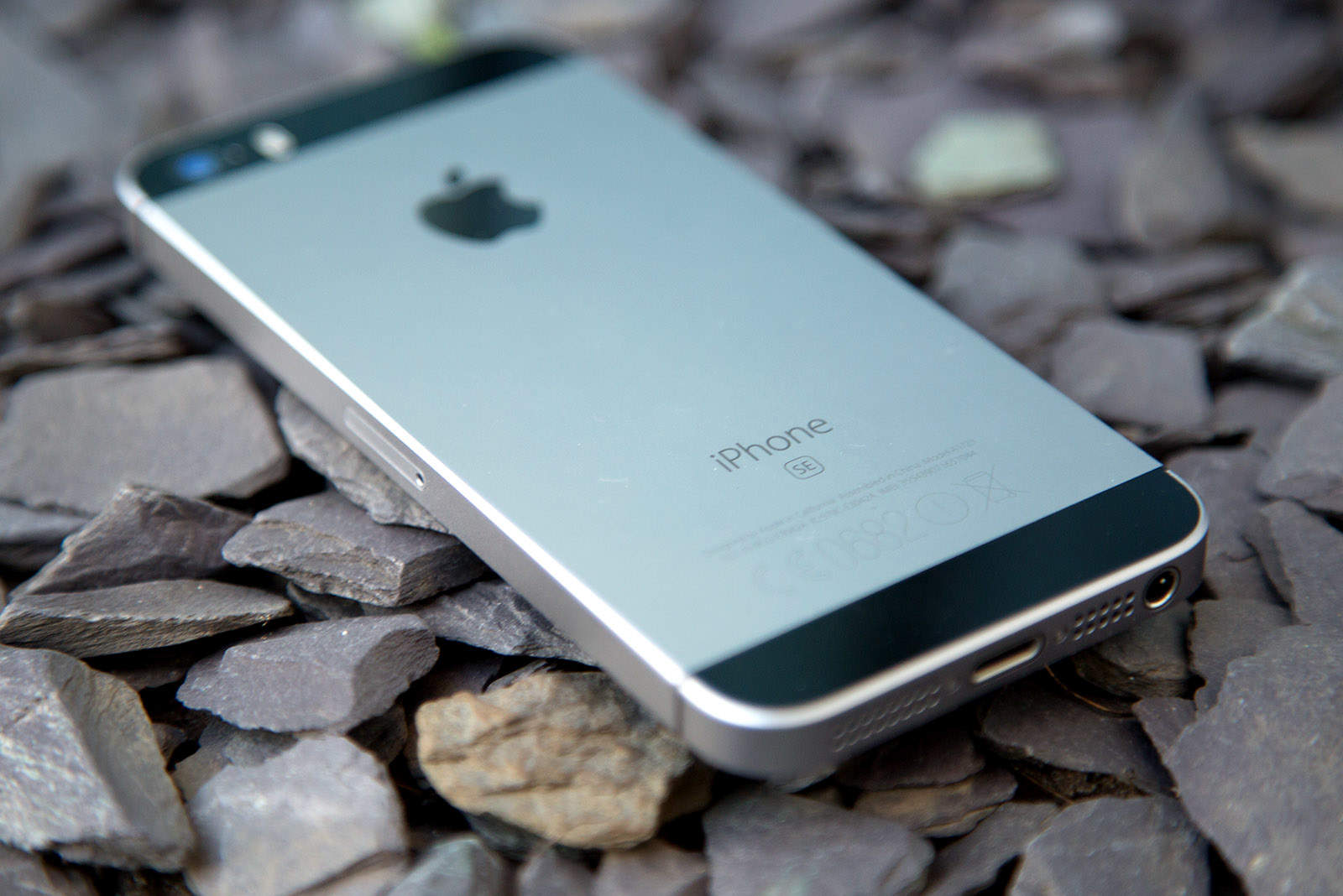
Right now it seems like Apple is set for a collision of sorts with the Chinese government — and things may not be helped by the fact that a state-owned Chinese company just bought a stake in Imagination Technologies, a British chip design company Apple was previously reported as being in “advanced talks” to acquire.

Tim Cook is set for a verbal shootout in China as he meets with high-ranking officials in Beijing later this month to discuss some critical issues Apple faces in the country.
The visit comes at a time when Apple is facing various problems in China, including the loss of its exclusive iPhone trademark, and the Chinese government’s decision to ban the company from operating its iBooks and iTunes Movies stores locally.

Apple has confirmed that it will, unsurprisingly, fight against the Beijing Higher People’s Court’s decision to strip the company of its exclusive iPhone trademark — by allowing a Chinese company to sell leather purses, handbags, wallets, and smartphone cases bearing the iPhone name.
Because when you think iPhone you automatically think high-end leather goods, right?

Next time you buy an iPhone from China, you better be careful you’re not really getting a luxurious leather purse.
Apple is no longer the exclusive owner of the iPhone trademark in China, after losing a long legal battle against a Chinese company that claimed to have filed for the trademark much earlier.
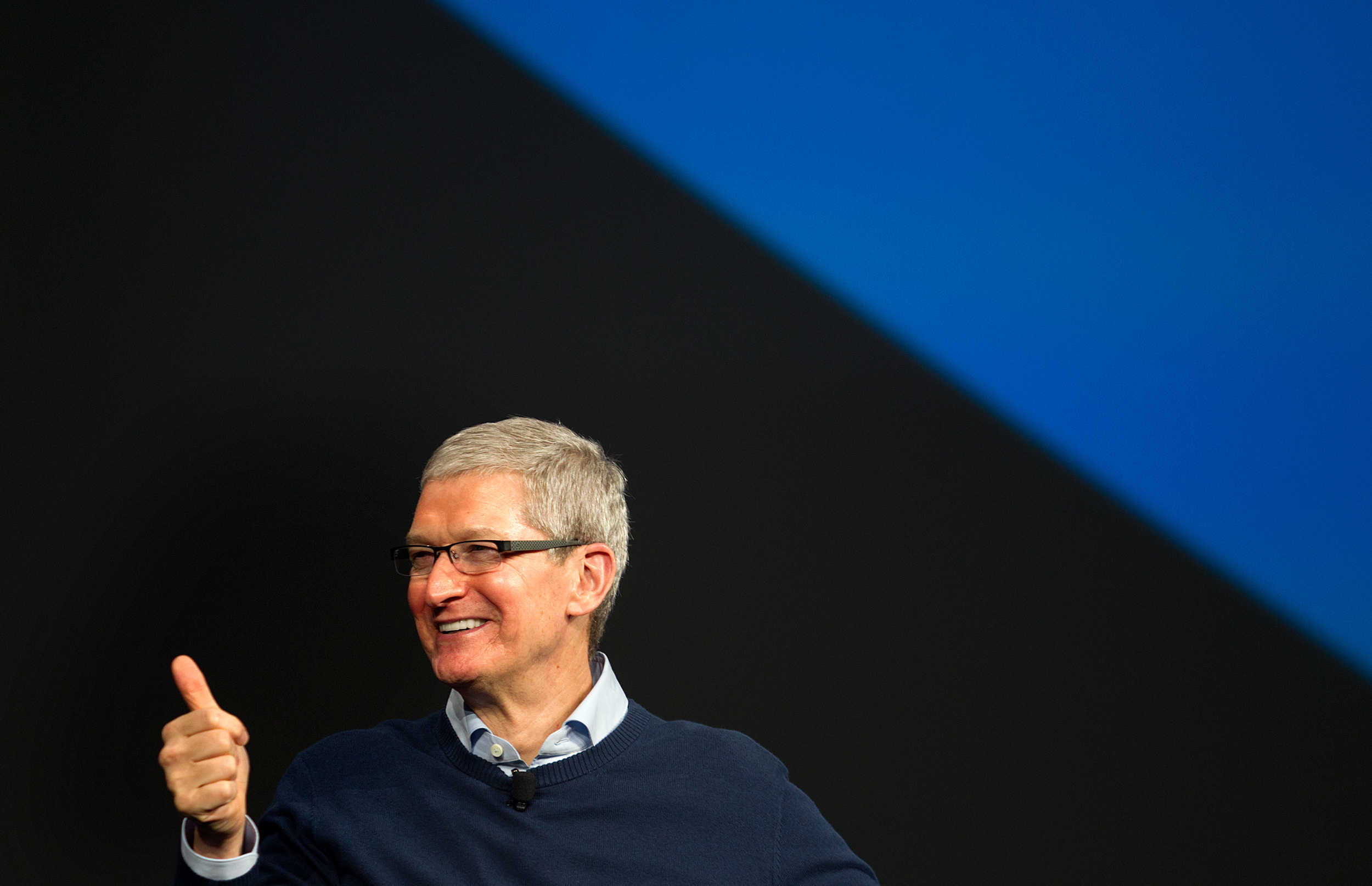
Future iPhones are going to be so amazing, you probably haven’t even thought of the features Apple is going to add, Tim Cook claimed in a recent interview.
The Apple CEO appeared Monday on Mad Money in an effort to abate the company’s bleeding stock price following last week’s less-than-stellar earnings call. Cook reassured investors that the rumors of Apple’s demise have been greatly exaggerated once again.
While lackluster iPhone sales last quarter have scared off mega-investors and analysts alike, Cook promised some incredible innovation is in the pipeline. In addition to touting upcoming iPhone features, Cook’s wide-ranging conversation with Mad Money host Jim Cramer touched on everything from the Apple Watch being (inaccurately) dubbed a flop to Apple’s growing interest in India and much more.
Here are the highlights:
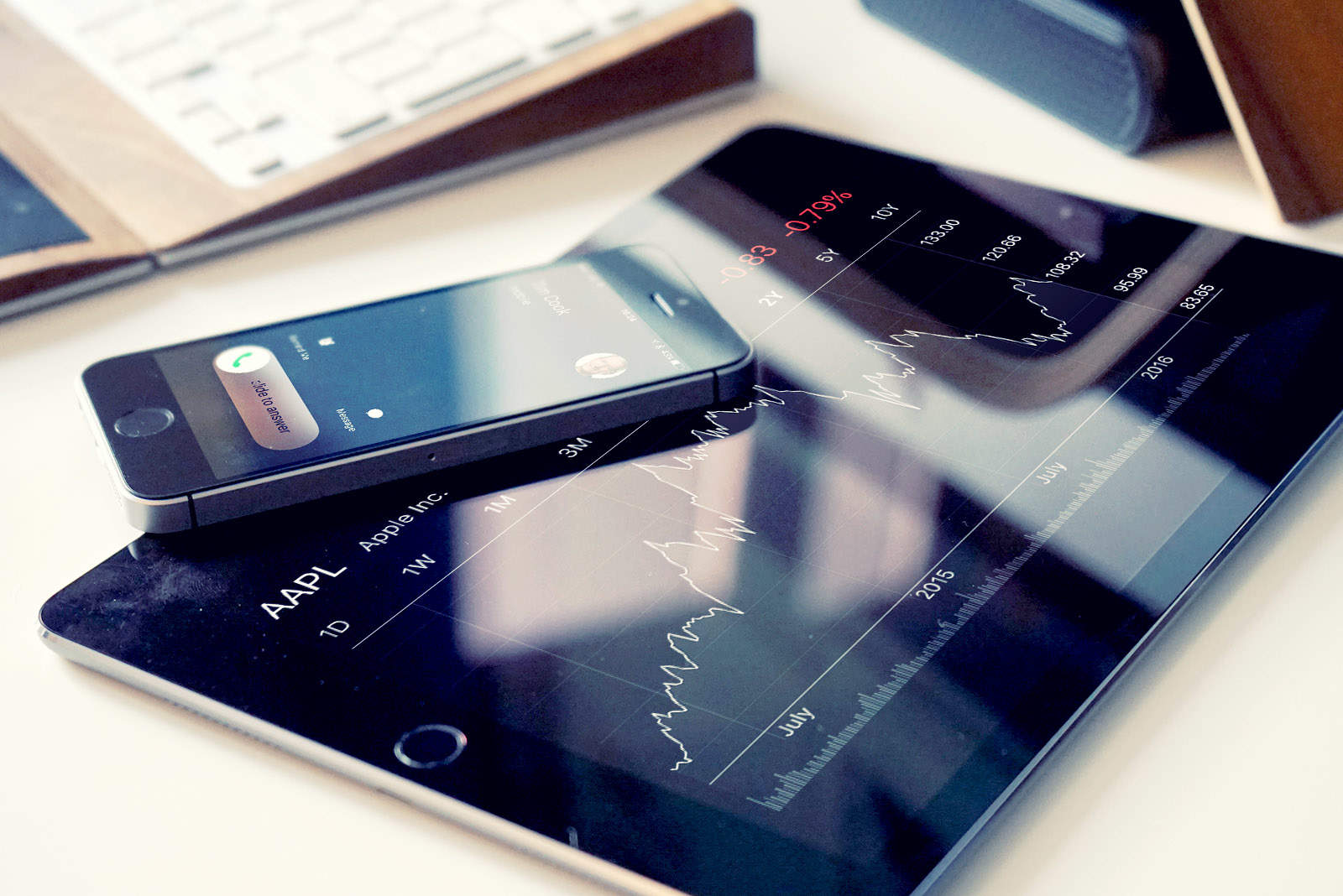
Apple earnings calls are usually a time for celebration and gloating, but for the first time in over a decade the company is poised to post declining profits.
Tim Cook warned Wall Street that this would likely happen due to declining iPhone sales. Have we really reached “peak iPhone”?
Analysts and reporters will be grilling Cook and Apple CFO Luca Maestri during today’s Q2 2016 earnings call. Investors will be looking for signs that Apple still has room to grow. And Cult of Mac will be right here, liveblogging the entire Apple earnings call — and translating the financial gibberish — when the big event starts at 2 p.m. Pacific.
Get in on the action below:

The closing of the iBook Store and iTunes movies in China might be the country’s first steps toward shutting Apple out, according to a leading expert on global political risks for corporations.
China has already become the second largest market for Apple in terms of sales, but the iPhone-maker could find itself banned from the country just like Facebook due to its privacy strategy that has already come under fire from government regulators.
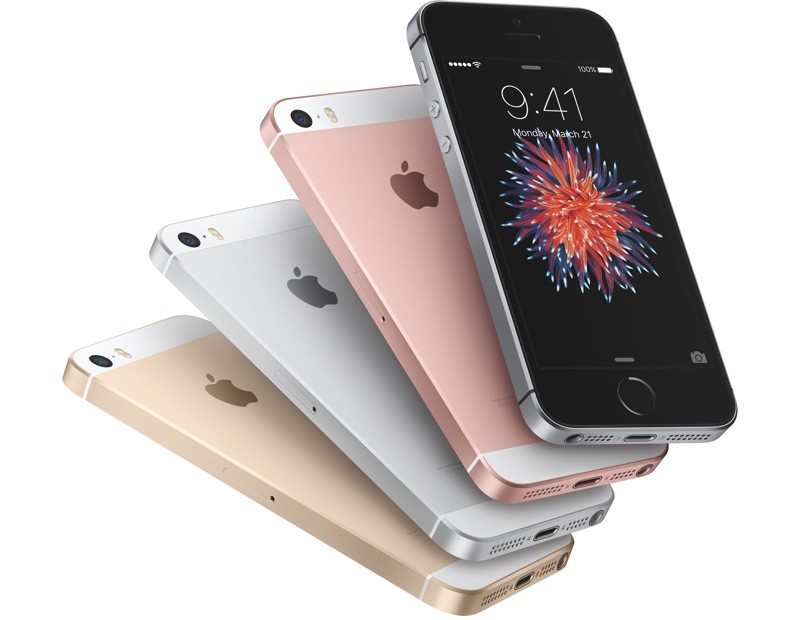
A billionaire serial entrepreneur from China, whose company LeEco offers an ecosystem of streaming video services, electric vehicles, television sets and smartphones, has lambasted Apple for failing to innovate — and says it is failing in China as a result.
“As an industry leader, Apple should be developing more cutting-edge products,” he said. “The iPhone was still a leader five years ago after being launched in 2008 but now the concept has fallen behind.”
Kind of funny considering that LeEco recently rushed to beat Apple to release a smartphone without a 3.5mm headphone jack!

In its biggest move yet to regulate Apple in China, the Chinese government has forced Apple to shut down its iBooks Store and iTunes Movies in the country — just six months after the services were first made available.
While the government initially approved the launch, the State Administration of Press, Publication, Radio, Film and Television reportedly changed its mind and demanded that Apple shutter the service.
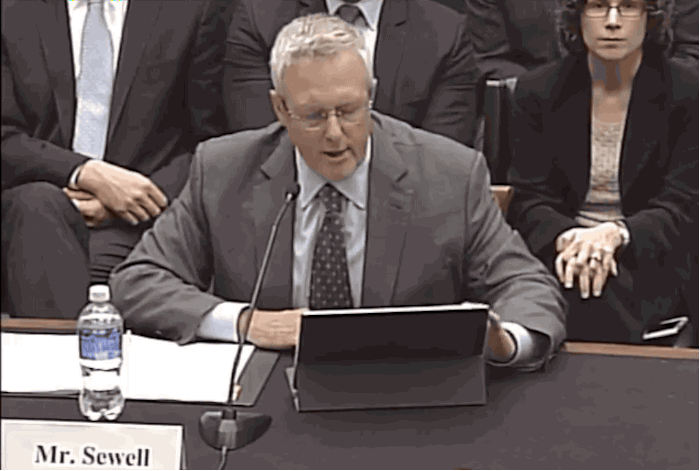
Chinese authorities have demanded Apple give the country complete access to its source code within the last two years, but Apple says it has refused to comply with the government’s demands.
Apple’s top lawyer, Bruce Sewell, defended the company’s position before U.S. lawmakers at a congressional hearing today, after the iPhone-maker was accused by law enforcement officials of refusing to help the U.S. government while at the same time freely giving information to China for business reasons.
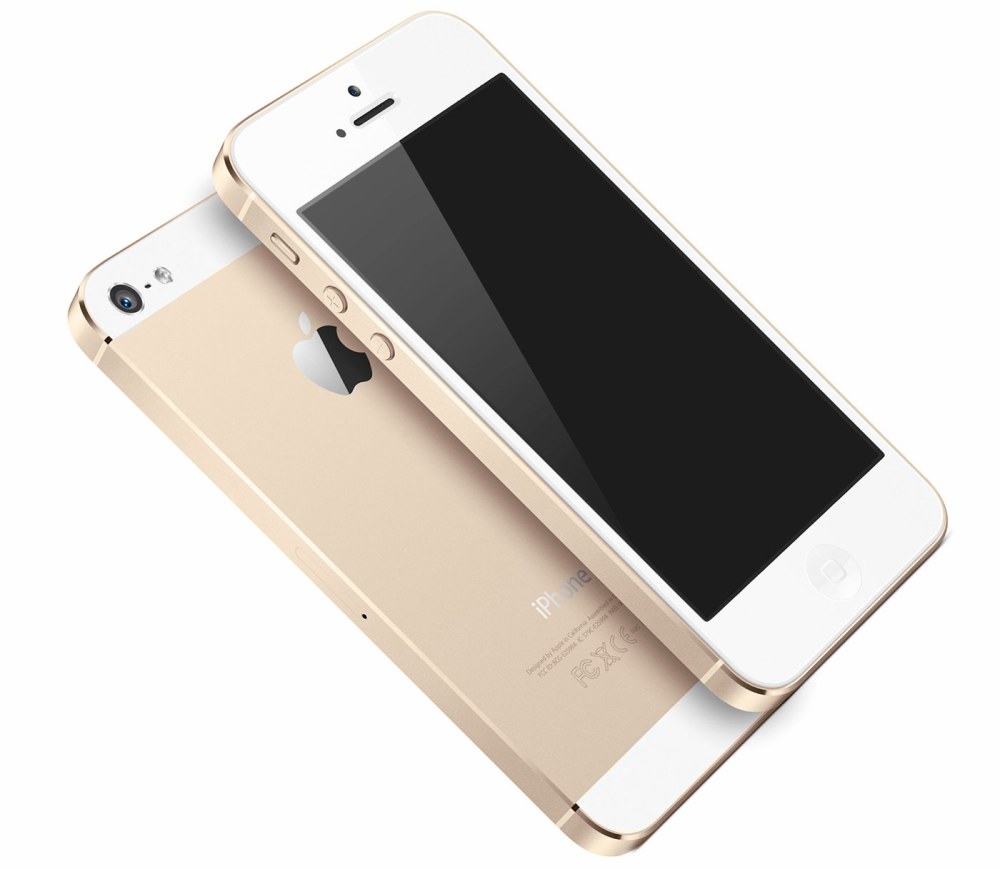
The iPhone SE may not be Apple’s biggest hit in the U.S., but it’s selling like gangbusters in China!
Drexel Hamilton analyst Brian White recently visited Apple’s flagship retail store in Shenzhen, where he noted that fresh shipments of the iPhone SE (particularly in the gold color option) arrive each morning, and sell out within just one hour of going on sale.

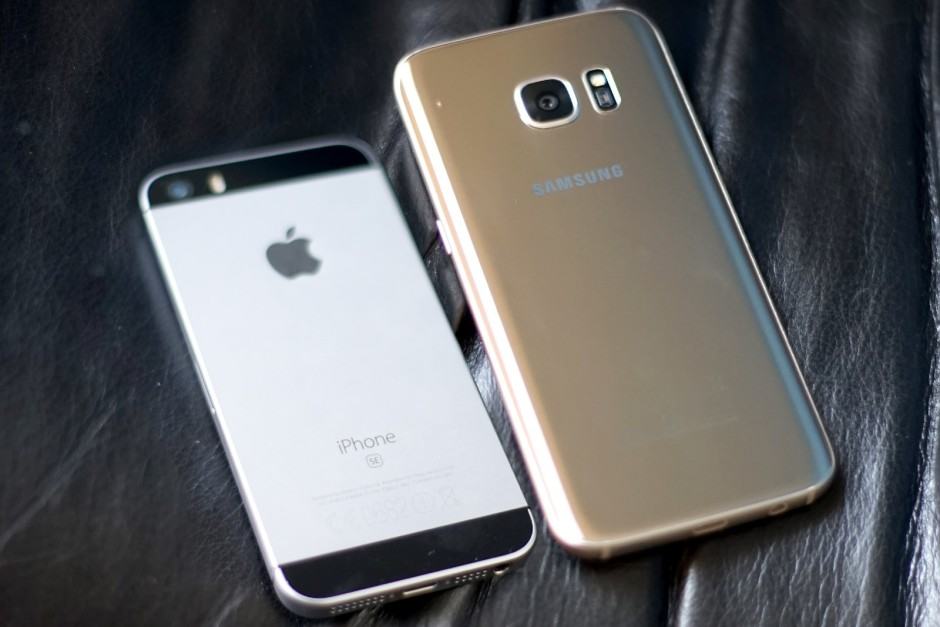
Apple’s new iPhone SE might be able to take sales from Android in some emerging markets, but it certainly won’t be able to stem the bleeding in many countries, where Google’s platform continues to rob iOS of its market share.
According to the latest figures, Android is up in China, Europe, and even the U.S. as the iPhone’s share falls.
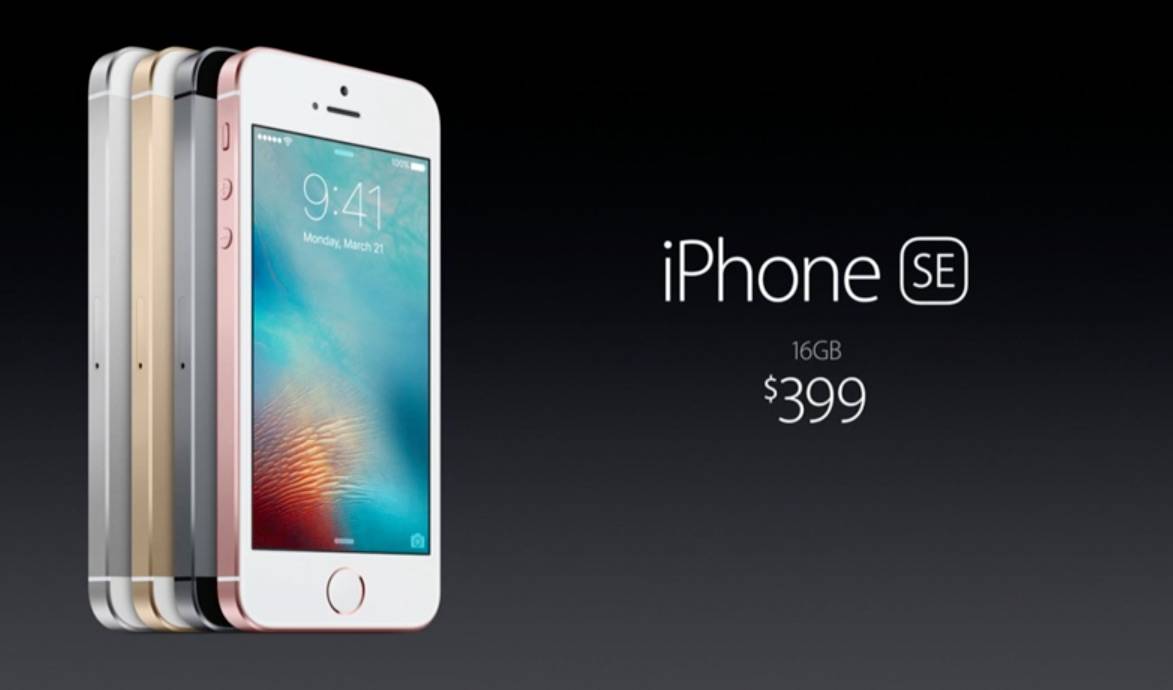
The iPhone SE may look tiny, but it’s already become a big hit in China.
Apple’s new iPhone doesn’t hit stores until March 31st, however, pre-orders for the iPhone SE have already topped 3.4 million in China according to early estimates that show the iPhone SE will be much better received than the iPhone 5c.
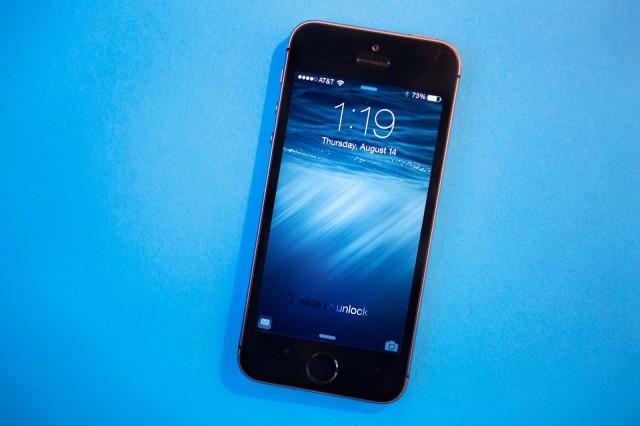
The FBI was reportedly “stunned” when it first got to see what Apple had planned for iPhone encryption, after it received early access to iOS 8 (where Apple introduced its new, stronger iPhone encryption) so that it could examine how its evidence-gathering techniques would have to change.

Apple’s Chinese retail store will continue this month with the opening of a brand new Apple Store in the port city of Dalian.
The store will be located at 66 Olympia Plaza in a giant complex, and opens at 10.00am local time on Saturday, March 19th.